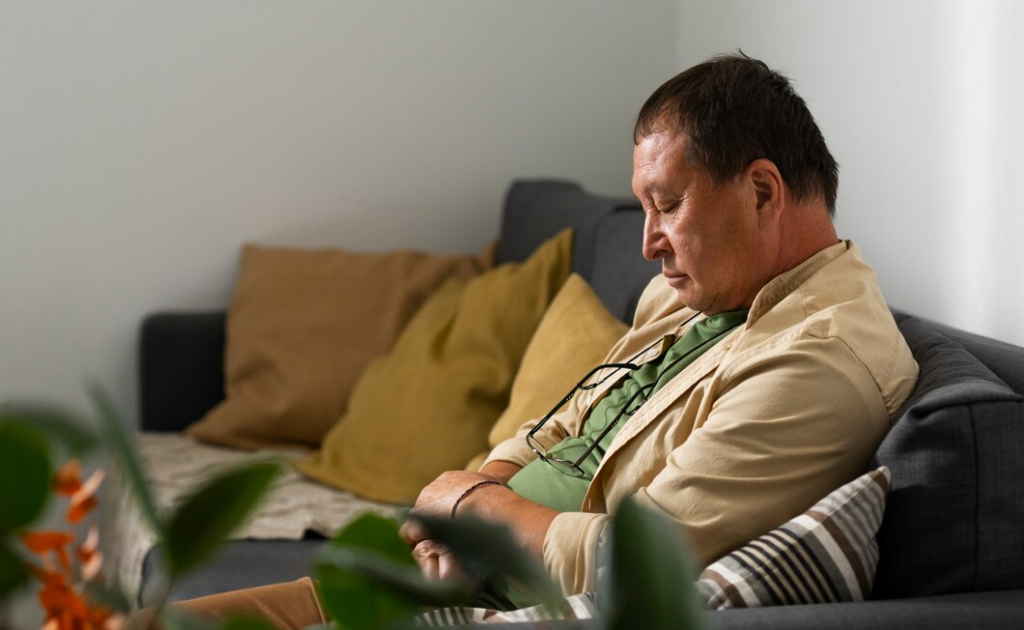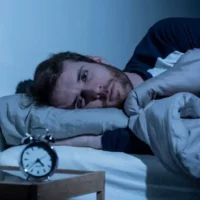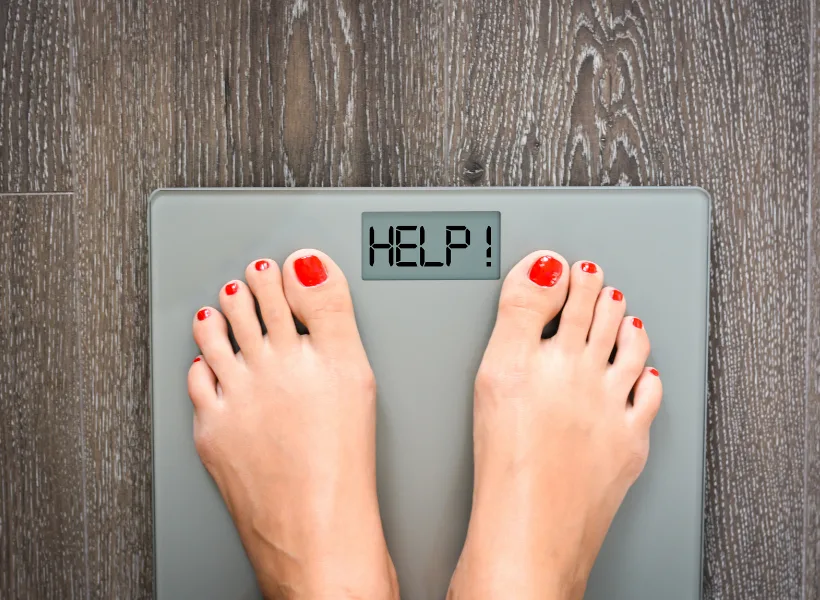There is a common stereotype that teenagers sleep in while older adults wake up early. Surprisingly, this stereotype holds some truth and is actually part of the natural aging process.
Experts recommend that adults get seven or more hours of sleep per night and establish a consistent sleep schedule by going to bed at the same time each evening. However, as people enter midlife, they tend to sleep less each night, with the average decreasing by 30 minutes every 10 years. Additionally, they often find themselves going to bed earlier and waking up earlier.
There are several reasons why this change in sleep pattern occurs.
The Basics of Sleep Cycles
Before we can understand why sleep changes as we get older, it helps to know a little bit about how sleep actually works. Sleep isn’t just one long, peaceful state of rest — it’s more like a series of stages that we cycle through during the night.
- NREM (Non-Rapid Eye Movement) Sleep: This is the first part, and it’s broken down into three stages, starting with light sleep and moving into deeper, more restorative sleep.
- REM (Rapid Eye Movement) Sleep: This is when we dream. It’s marked by faster brain activity and those quick eye movements behind closed lids.
Younger adults tend to spend more time in that deep NREM sleep, which is why they usually wake up feeling refreshed. But as we get older, things shift, and we start spending less time in those deeper stages of sleep.
How Our Sleep Patterns Shift as We Get Older
As we age, it’s normal to notice some big changes in how we sleep. Here’s what usually happens:
- Less Deep Sleep: One of the most noticeable differences is that we don’t spend as much time in deep sleep — the kind that really helps our body recharge. That’s why many older adults wake up feeling like they didn’t get a solid night’s rest, even if they slept for hours.
- More Wake-Ups: Waking up more frequently during the night becomes pretty common too. Whether it’s needing to use the bathroom or just struggling to stay asleep, nights can feel more interrupted than they used to.
- Going to Bed and Waking Up Earlier: You might also find yourself getting sleepy earlier in the evening and waking up earlier in the morning. This shift in your internal clock is known as an “advanced sleep phase,” and it’s completely normal.
While these changes can be a little frustrating, they’re just part of getting older — and understanding them is the first step in managing your sleep better.
Beyond Sleep Cycles – The Aging Brain

The shift in sleep-wake cycle is primarily attributed to changes in the aging brain. As we get older, our brain becomes less responsive, including its ability to perceive and react to various inputs.
“The wiring of the brain is likely not sensing and responding to the inputs as well as it should because it’s an aging brain,” explained Dr. Sairam Parthasarathy, the director of the Center for Sleep and Circadian Sciences at the University of Arizona Health Sciences, in an interview with HuffPost.
These inputs, such as daylight, social cues, mealtimes, and physical activity, help us determine the time of day. Picture being locked in a room without any external cues – it would be challenging to determine the day and time accurately.
Teenagers’ brains are still efficiently processing these cues, but as we age, the brain’s degeneration hinders the synchronization of these cues. This discrepancy is one reason why older people feel tired earlier and may require an earlier bedtime, resulting in an earlier wake-up time.
Aging or Sleep Disorder? Signs of Something More Serious
As we get older, changes in our sleep patterns are totally normal. But sometimes, these changes can be signs of a bigger issue. So, how do you know if it’s just part of aging or something more serious?
Here are a few red flags to watch for:
- Struggling to fall asleep or stay asleep: If you’re constantly lying awake or waking up multiple times a night, it might be worth looking into.
- Feeling super tired during the day: Even if you think you got enough sleep, feeling like you need a nap all the time isn’t normal.
- Loud snoring or gasping for air: This could be a sign of sleep apnea, a condition where your breathing gets interrupted during sleep.
- Restless or twitchy legs: If your legs won’t stop moving when you’re trying to sleep, restless legs syndrome could be the culprit.
- Waking up feeling off: Things like waking up with a headache, dry mouth, or sore throat might mean your sleep isn’t as restful as it should be.
If any of this sounds familiar, it’s a good idea to check in with your doctor. They can help figure out what’s going on and suggest ways to improve your sleep.
Getting the Rest You Need as You Age
While it’s natural for sleep patterns to change as we age, that doesn’t mean we can’t still get a good night’s rest. One of the most important things to do is keep a consistent routine. Try going to bed and waking up at the same time every day, even on the weekends. This helps your body maintain a natural rhythm, making it easier to fall asleep and wake up feeling refreshed.
Before bed, think about ways to relax. You might find that reading a book, taking a warm bath, or listening to calming music helps you wind down. Creating a cozy, comfortable sleep environment also plays a big part in how well you sleep. A cool, quiet room with soft bedding can really set the stage for better rest.
It’s also worth noting that staying active during the day can help you sleep better at night, but be careful about exercising too late — that could have the opposite effect and keep you up longer. And when it comes to screens, try putting your phone or tablet away at least an hour before bedtime. The blue light from these devices can make it harder for your body to recognize that it’s time to sleep.
Finally, stress is a sneaky culprit that can mess with your sleep. If your mind tends to race when you lay down, it might help to take a few minutes for some light meditation or deep breathing exercises to calm things down before bed.
Embracing Better Sleep in Your Later Years

Sleep is one of those things that changes naturally as we age, and while it can be frustrating to deal with earlier wake-up times or less restful nights, understanding why it happens makes a big difference. The good news is that there are ways to adapt and improve your sleep quality. By sticking to a regular routine, creating a calming environment, and managing stress, you can still enjoy restful nights, even as your body’s sleep rhythms shift.
If you ever find that your sleep struggles go beyond the usual changes that come with age, don’t hesitate to talk to a healthcare professional. Sometimes, underlying issues like sleep apnea or insomnia cause sleep problems, and addressing them with the right treatment can make all the difference. Ultimately, sleep is key to feeling your best, so it’s worth paying attention to and making adjustments as needed.



